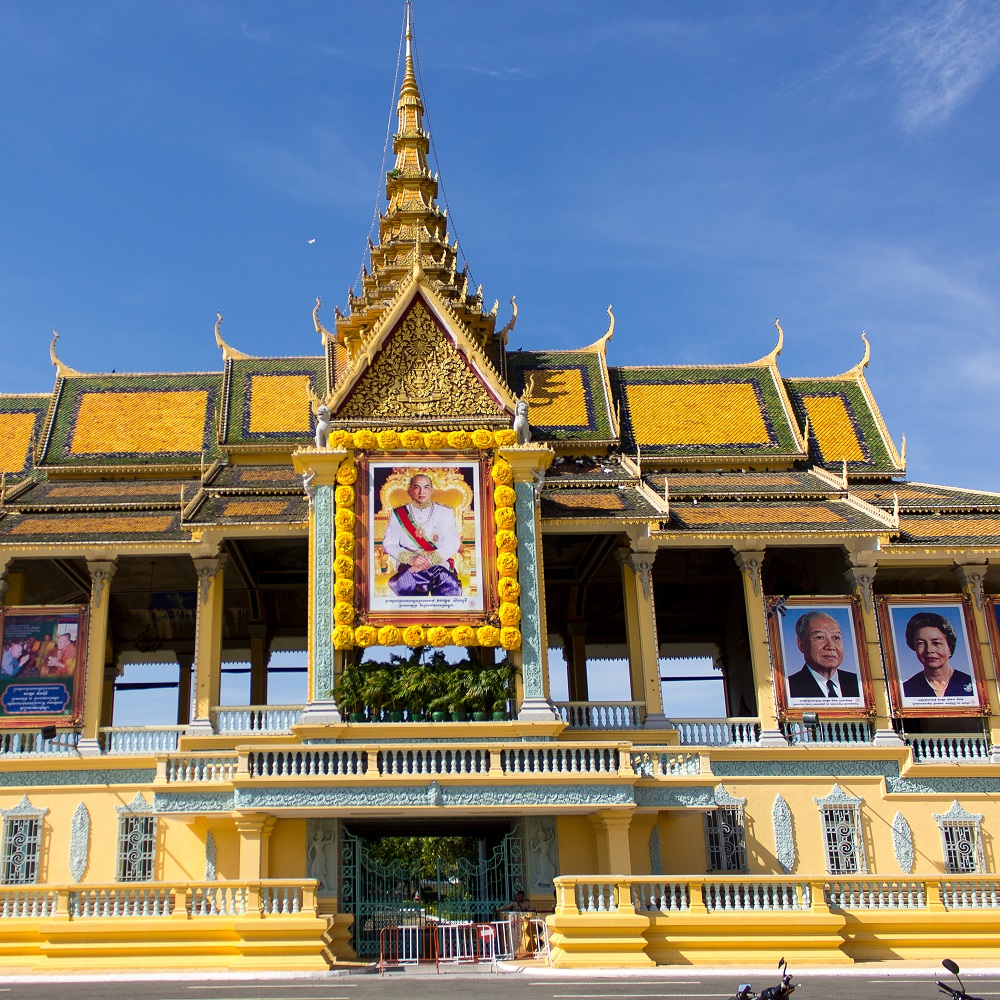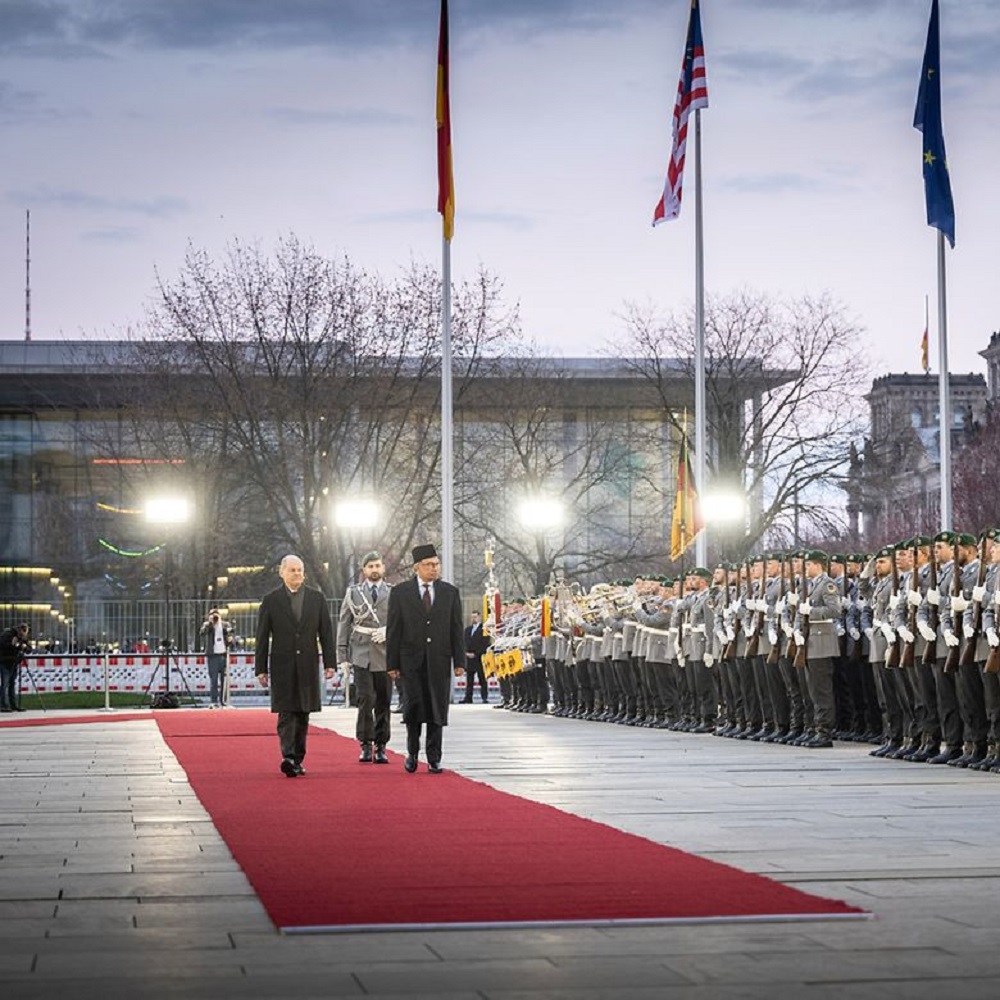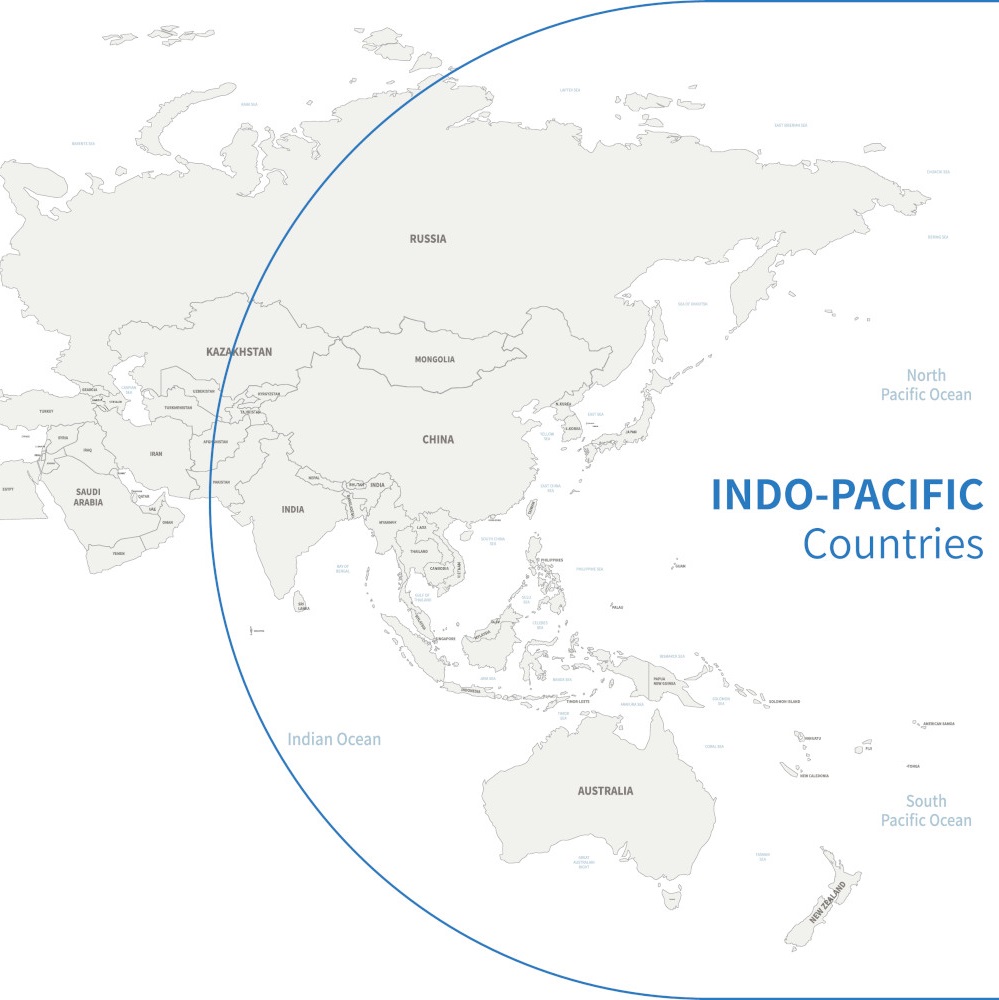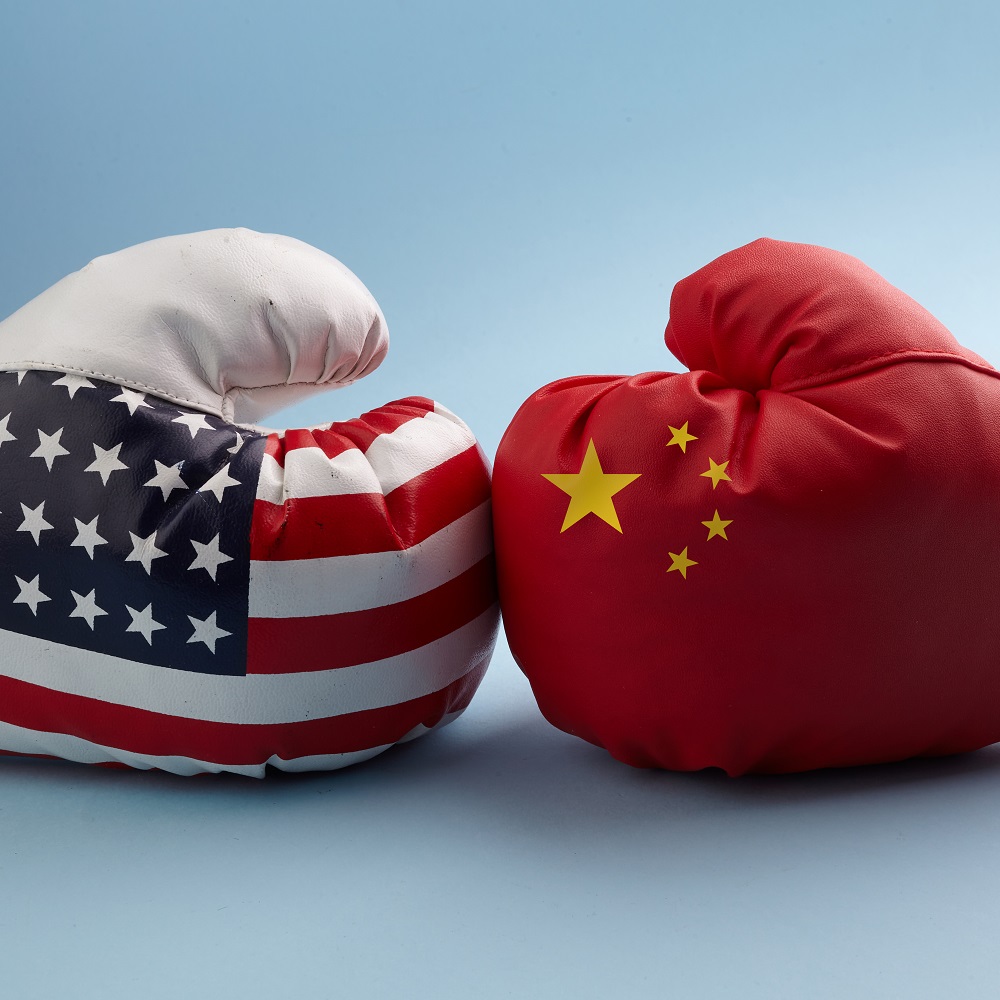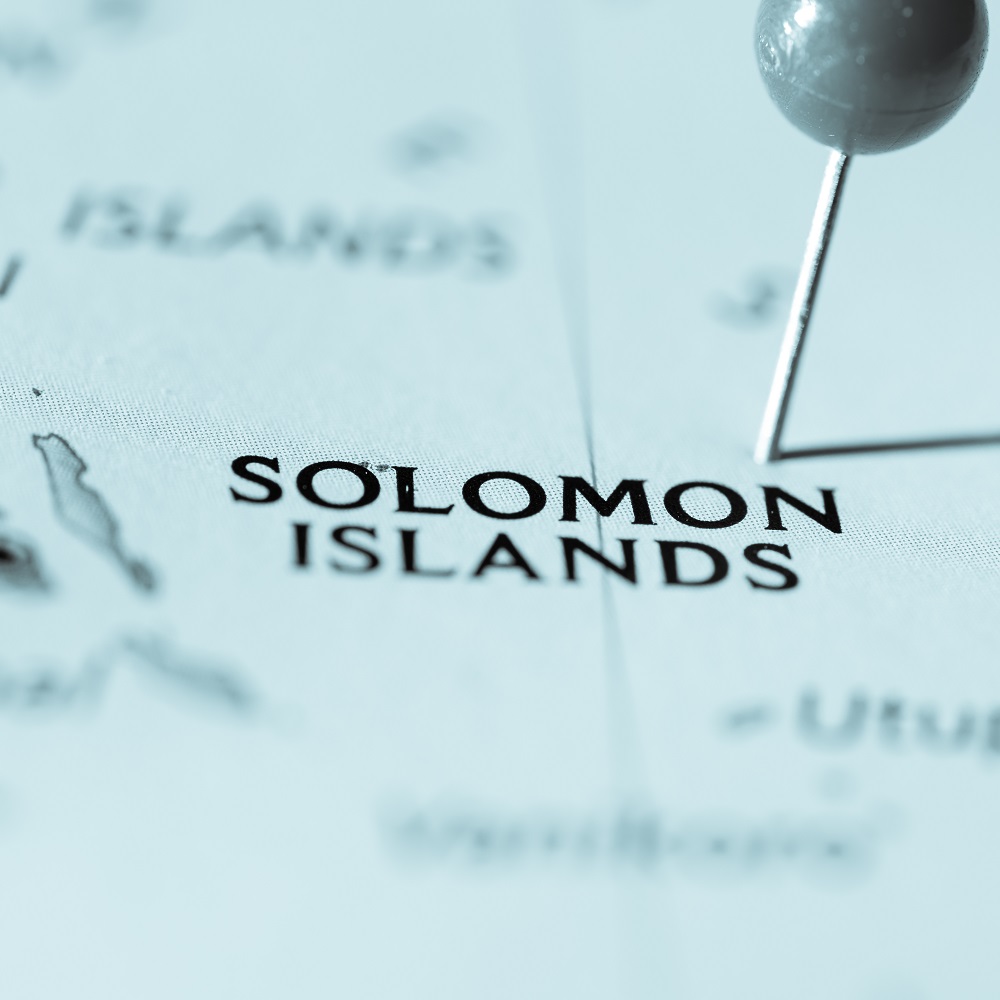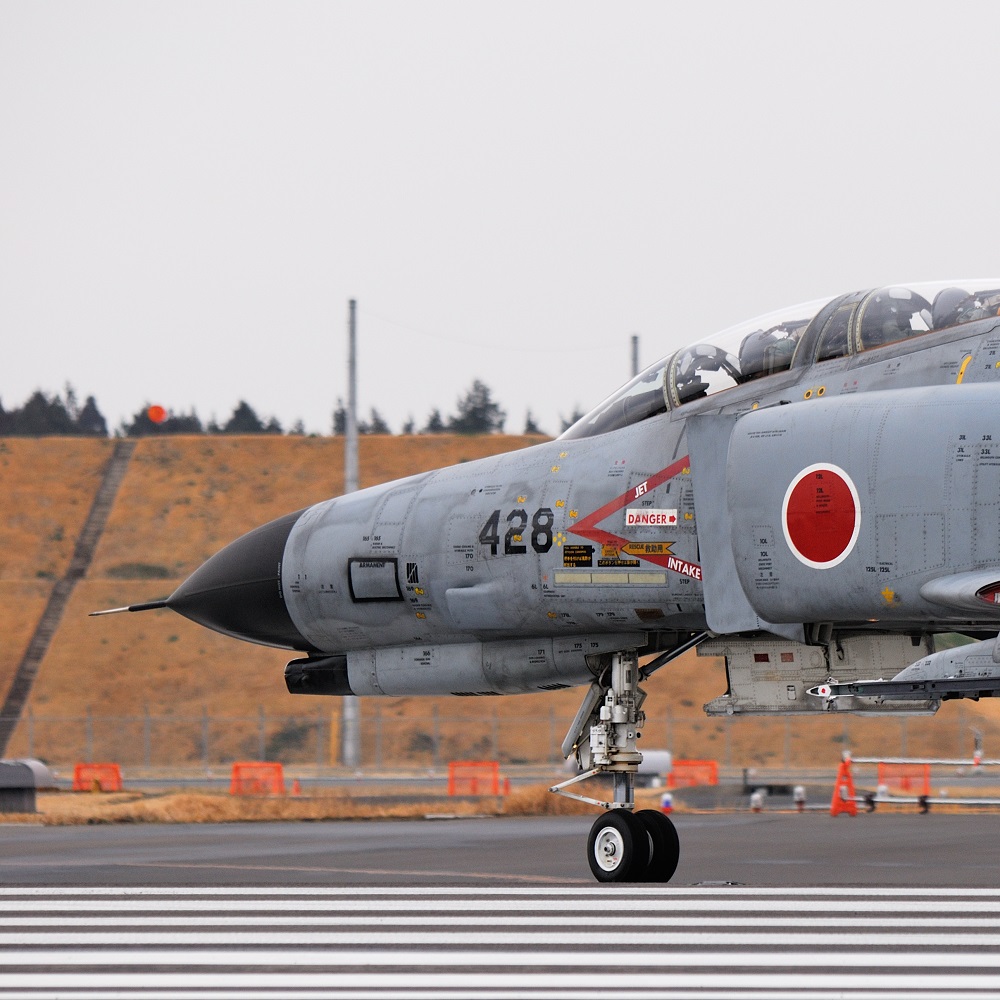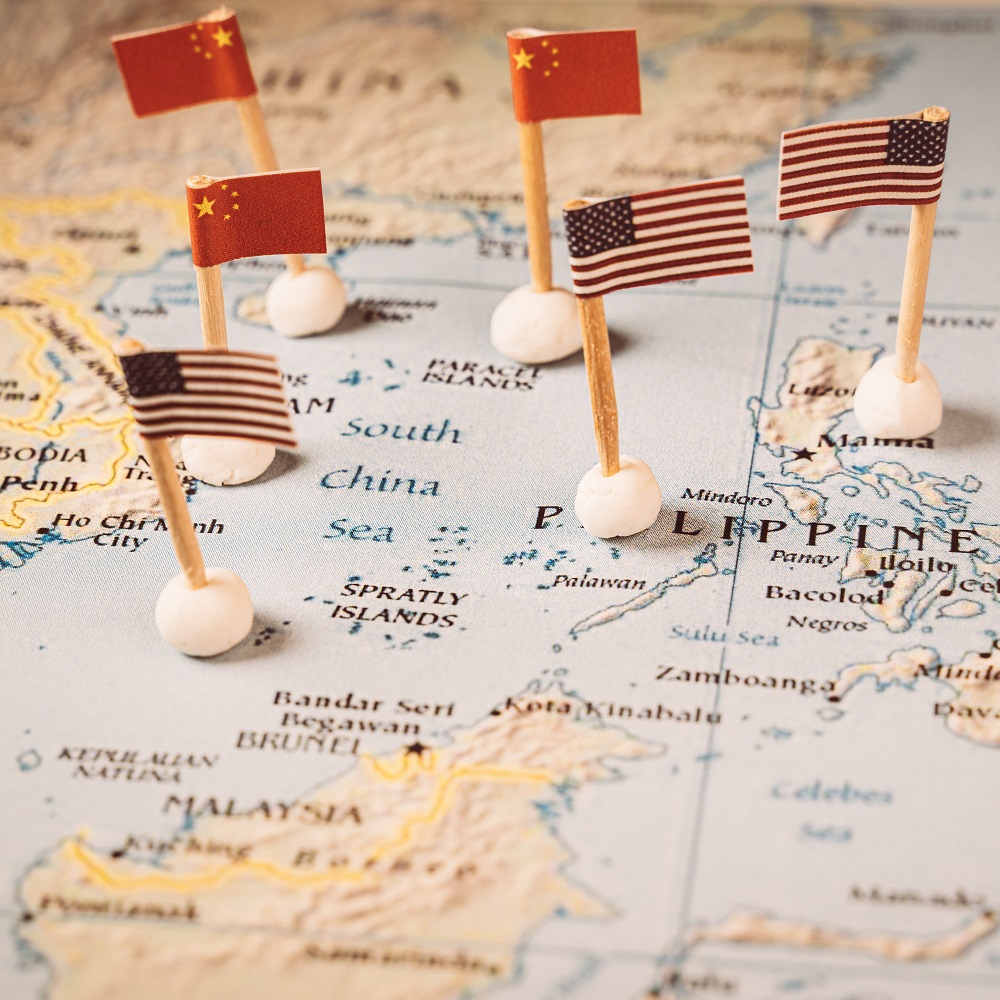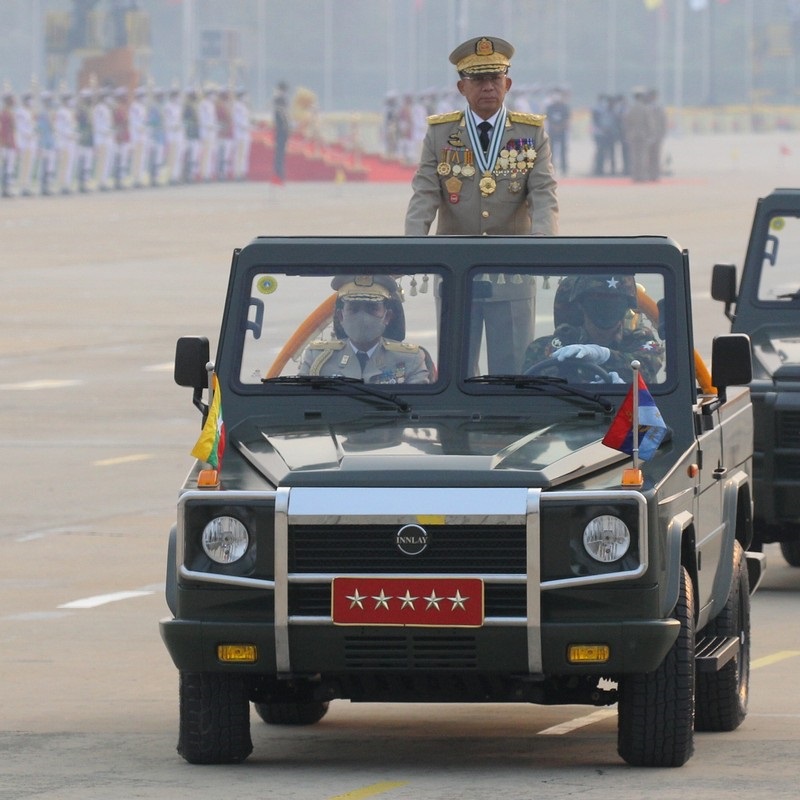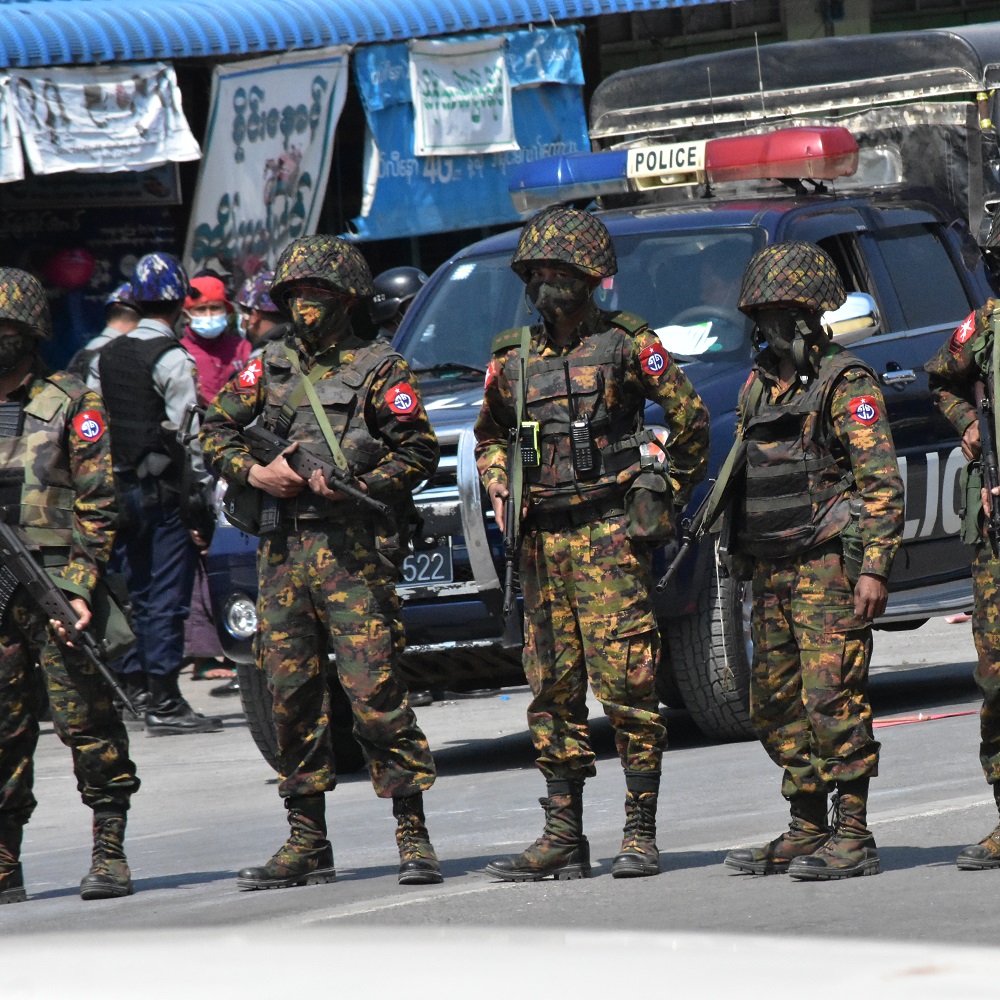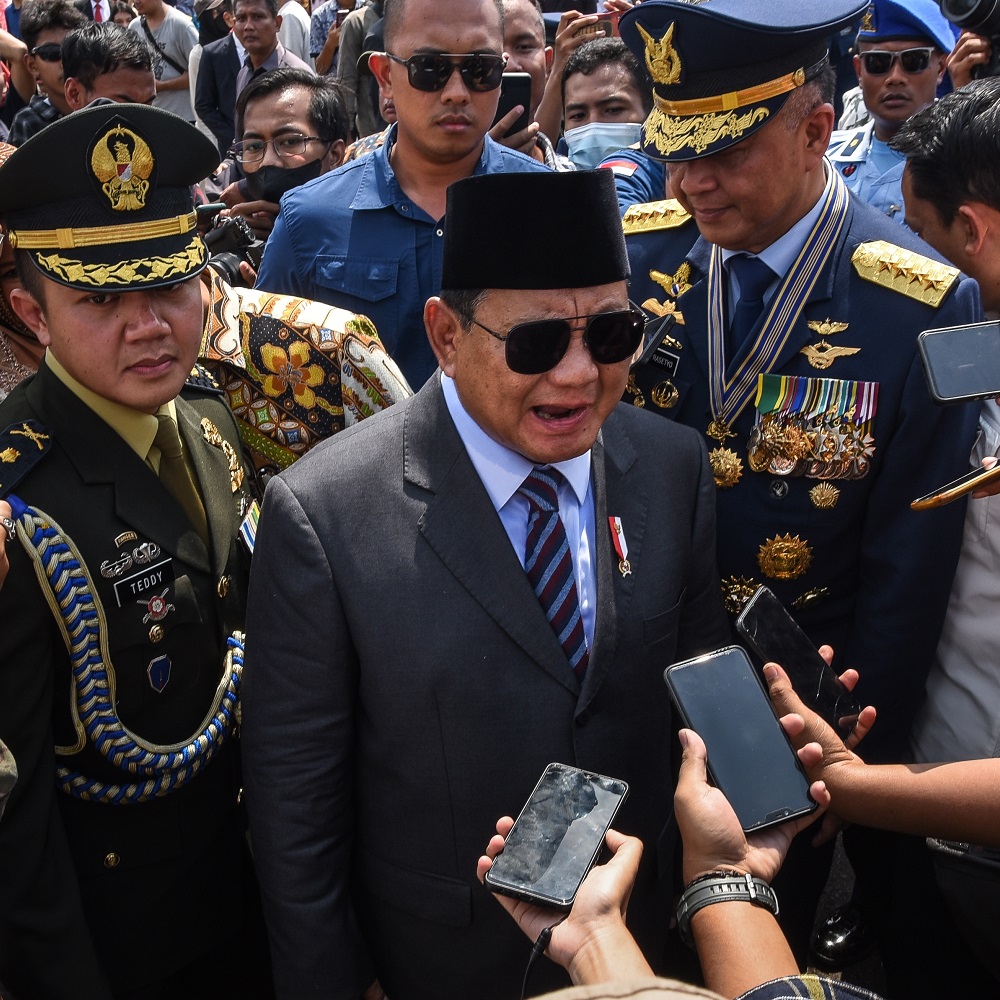In Myanmar, the military government is faltering
by Morten Hammeken , Pedro Peruca
한국어로 읽기Leer en españolIn Deutsch lesen
Gap
اقرأ بالعربيةLire en françaisЧитать на русском
Three years after a coup d'état reinstated military rule in Myanmar, armed rebels are on the offensive. The country's civil war is often described in terms of ethnic conflict, but opposition forces are the only ones keeping the hope of an inclusive democracy alive.
The military seized power and controlled the country with an iron fist. They are backed by a superpower that benefits from a friendly military junta, prioritizing stability and trade over human rights or democracy.
It's a familiar story. At first glance, Myanmar's political situation could easily be compared to that of Egypt (supported by the United States), Belarus (supported by Russia), or Syria (supported by Iran). But while the struggle for freedom and national self-determination seems stalled in many cases around the world, change is happening in Myanmar. Here, the rebels continue to fight against the Tatmadaw, the country's infamous military junta whose claim to power is backed by China. In October 2023, the rebels launched a major offensive, known as Operation 1027, which has been pushing the military government to its limits.
So, what is different in Myanmar? "The rebels have been gradually wearing down the military since the fighting began," explains pro-democracy activist Michael Sladnick, who is currently in Myanmar. He started doing solidarity work, donated money to resistance groups, and learned Burmese while speaking online with rebel groups. He left the comforts of Chicago and moved to the borderlands between Thailand and Burma in July 2023. Now, he works with people from different rebel factions united with the goal of ending the dictatorship.
According to Sladnick, the military has suffered devastating losses. A patient strategy of death by a thousand cuts is depleting their forces and explains the current success of the resistance.
"The military losses number in the tens of thousands. Our estimates put the regime's dead soldiers at fifty thousand, but the actual numbers could be even higher. The junta is simply trying to control an area that is too large for its capacity, and it is finding it difficult to recruit new soldiers. The Tatmadaw has lost several bases on the border with Thailand, where the Karen National Union (KNU) is gaining strength. Just a few weeks ago, Myawaddy, not far from here, was besieged," says Sladnick, who is currently in an undisclosed village near the Thai border.
The military, the Three Brothers, and the Revolution
Since February 2021, Myanmar has been governed by General Min Aung Hlaing, the self-proclaimed Prime Minister. Before the coup, he commanded the Tatmadaw junta, which has controlled Myanmar since the 1962 coup that followed independence from British colonial rule in 1948.
In the 20th century, communists (dominated by the Bamar ethnicity) and ethnic armed organizations fought against the military dictatorship, often at odds with each other. The communist resistance resisted the Tatmadaw until 1989 before collapsing. In this sense, the current insurgency didn't start in 2021 but it is the culmination of decades-long clandestine struggle for democracy.
A brief attempt at democratization produced a new government between 2016 and 2021, led by the liberal National League for Democracy. However, the military never relinquished power. The democratic constitution of 2008 still reserved 25% of parliamentary seats for the Tatmadaw, enough to veto constitutional changes.
The military remained a State within the State, with no oversight from the civilian government, retaining broad powers over the education sector and public officials, and a monopoly on matters of "national security." This also granted them emergency powers to overthrow even the limited elected government, a prerogative they exercised on February 1st, 2021. As evidence of the Junta's control over the judicial system, in December 2022, Myanmar's former elected leader, Aung San Suu Kyi, was sentenced to twenty-seven years in prison on fabricated corruption charges.
The spark that ignited the Arab Spring is often traced back to December 2010 when Tunisian street vendor Mohammed Bouazizi set himself on fire to protest the confiscation of his vegetable stall. In Myanmar, a similar story unfolded when the regime committed a massacre in mid-March 2021, killing dozens of women union leaders in Hlaingthaya, the industrial district of Yangon, the country's largest city. This sparked an unprecedented outpouring of anger in the countryside, where most of the population still resides. For the first time, the rural population rose in support of the workers in Yangon. This formed the basis of a popular uprising, which also helps to explain the intensity of the confrontations.
"Hundreds of thousands of workers left the cities and returned to their native villages to organize the revolution there," explains Sladnick. He adds, "When the regime attempted to replicate the repression tactics that had previously worked in the cities, the masses immediately began to take up arms and counterattack. A new generation directly supporting the People's Defense Forces (PDF) emerged in the heart of the country."
Three of the largest organized resistance groups joined forces and formed the Three Brotherhood Alliance. They consist of larger, more centralized rebel groups among a mosaic of local autonomous forces. Their power is stronger in the eastern region of Shan state, where the junta also faces both rebel forces and powerful drug cartels. The UN estimates that 25% of the world's opium is produced in Myanmar, and 80% of that figure comes from the Golden Triangle in the eastern Shan state.
In Shan state, you can also find the National Democratic Alliance Army and the Ta'ang National Liberation Army, two of the three "brothers" fighting to overthrow the Junta. Other Shan ethnic militias, previously supported by China and Thailand, paint an even blurrier picture of internal power struggles and a labyrinth of different factions. When the third brother, the Arakan Army, launched an insurgency in the Rakhine state in 2019, Aung San Suu Kyi's democratically elected government initially tried to appease the military by siding with them against the demands of armed ethnic organizations. Past mistakes like these continue to strain the relationship between the Brothers and the forces of the National Unity Government in the PDF. But for now, they remain united against General Min Aung Hlaing.
In Sagaing, on the other side of the country and bordering India, the struggle took on a different path. Here, Sladnick sees a movement that resembles more of a mass revolution supported by the National Unity Government in exile and its armed wing. Sladnick says:
‘The Sagaing People's Defense Forces have universal support. Myanmar's urban working class grew significantly in the 2010s, but it originates from the rural mass of the population. They provide much of the funding to the PDF groups by sending money to their villages. The uprising in the countryside, which began in 2021, was sparked by the anger over the massacre of women leading protests in Yangon's textile factories.’
The military used to suppress dissent through punitive expeditions, with entire villages burned to the ground. Among the most brutal massacres were the Tatmadaw's reprisals in hundreds of villages like Let Yet Kone and Tar Taing, which were razed. It is estimated that at least six thousand civilians — 160 of them children — were killed by the junta just in 2022, with millions displaced since the 2021 coup.
This adds to the millions of people already displaced by the decades-long war the army has been waging against ethnic and religious minorities, culminating in the Rohingya genocide in the 2010s. But the army has been worn down to the point that local militias of the PDFs were able to take control of small towns practically unopposed.
As contemporary Myanmar comprises a diverse range of ethnicities, many foreign observers rushed to characterize the ongoing insurgency as "ethnically motivated." Two-thirds of the country's fifty-five million inhabitants are of Bamar descent, while the Shan (9%), Karen (7%), and Rakhine (4%) constitute significant minorities. This impression of a "melting pot of races" is further compounded by descendants of Chinese and Indians, the southern Mon, and the heavily persecuted Rohingya. However, presenting the conflict solely in ethnic terms is overly simplistic, as explained by Sladnick.
‘In Western media, things quickly get reduced to ethnic struggles. This overlooks the fact that all major rebel factions have declared that their offensive is part of a united Spring Revolution. The common denominator is the agreement that the regime must be uprooted in favor of a federal democracy. This is the shared vision of the movement that is gaining traction and spreading from the Shan state to the rest of Myanmar, including the Irrawaddy Valley, dominated by the Bamar, in the central part of the country.’
The protests began to spread even to Rohingya refugee camps, leading the Junta to specifically target Muslim activists during their bloody crackdowns in the cities. This "divide and conquer" approach was met with huge crowds from all backgrounds attending their funerals in displays of solidarity.
China’s shadow
The fact that the deeply unpopular Junta has been able to stay in power for three years is largely due to China. The northeastern superpower views Myanmar as a strategic partner, even amidst deteriorating relations with many other neighbors. For now, Beijing refrained from military intervention, which is surprising, explains Sladnick.
"Since our revolution began, I feared that China would directly intervene and save the Tatmadaw as Russia and Iran did with [Syrian dictator Bashar] al-Assad. But China seems to have somewhat accepted the resistance," he states.
In Myanmar, there were even rumors circulating that the Beijing government had given up considering the junta as a stable long-term partner and had started supporting the rebels. But this is likely an illusion, and it may be premature, explains Sladnick:
"If China were really supporting the rebels, we would have won by now. The insurgency has achieved some significant gains, especially in Shan state, but the rebellion has not yet reached the larger cities. One of my fellow fighters from a local militia in the city of Loikaw [in central Myanmar] told me the other day that they have plenty of weapons but not enough ammunition or medical supplies."
In reality, the Chinese intervention, or lack thereof, can be seen from a more pragmatic standpoint. China tacitly allowed the entry of arms from the black market into the Shan state, which enabled the Three Brothers to gain control over large areas of the region. Some view this as punishment for the government's inability to shut down Myanmar's infamous scam centers, which have generated billions of dollars for Chinese underworld syndicates. In a recent offensive, numerous centers were closed. It's no coincidence that weapons also stopped reaching the hands of rebels in Shan state once this issue was addressed, pressuring the Brothers to reach a ceasefire agreement with the government. "China gave a lot of leeway to the rebels and used it to force concessions from the Tatmadaw," explains Sladnick.
This is also evident in the Junta's growing interest in maritime trade. For China, one of the strategic advantages of having a friendly government in Naypyidaw is access to the trade routes of the Bay of Bengal. This is also why the Beijing government has been pressuring the Junta to accelerate the construction of a new deep-water port in Rakhine, despite objections from local fishermen who fear it will destroy their livelihoods.
The same dynamics are observed in the western province of Sagaing, where disgruntled workers shut down the Letpadaung copper mine in Salingyi, operated by the Chinese. Like hundreds of thousands of teachers, railway workers, and other public servants, the miners have been on continuous general strike since the 2021 coup. According to one of the miners' leaders, the Junta is now pressuring to resume operations there to appease China.
"If you ask ordinary people in Myanmar, they have a very clear understanding of this relationship," Sladnick states.
"Everyone sees that the ceasefire in Shan state was necessary because China demanded it. What else could the militias have done? They have been fighting alone for decades, and if they had refused to sign the agreement, China would have completely cut off their arms supply. The hope now is that they will continue to finance other resistance groups," Sladnick concludes.
A desperate move
Although things have recently calmed down somewhat in Shan state, through an uneasy truce, the pressure on the Junta remains intense. The Arakan Army accepted a ceasefire in Shan state but made no similar promises in Rakhine, where fighting continues.
To the Tatmadaw's troubles are added the new resistance groups joining the revolutionary struggle. A few weeks after Operation 1027 ended in a temporary ceasefire, the Kachin Independence Army, which has been fighting since 1960, launched Operation 0307 in the Kachin state, quickly seizing control of dozens of cities and bases similar to the Brothers' offensive in the Shan state last fall. The Pa-O National Liberation Army (PNLA) broke the ceasefire in the Shan state, while the New Mon State Party split in the Mon state to the south, prompting a large number of people to join the resistance. The PDF is also gaining ground in Bamar ethnic regions, while Kalay, on the border with India, was nearly completely taken by insurgents.
As the Junta weakens, the strategy becomes bolder. PDF forces in central Burma, still largely reliant on homemade weapons, are invading cities, a clear indication that the authorities' resources are dwindling, and their casualties cannot be replaced.
So, how much control has the Junta lost? Although it's difficult to obtain precise information in Myanmar, where access to the internet has been cut off in large swathes of territory, some analysts estimate that up to 48% of the country is now controlled by resistance groups. Myawaddy, on the Thai border, was liberated in early April, while a Junta offensive to reclaim the border town was recently repelled. A drone attack was launched against the capital, Naypyidaw, a few weeks ago, and although Yangon remains firmly under the Junta's control, their authority here could soon deteriorate as well. In February, the Tatmadaw announced nationwide conscription to bolster their depleted ranks.
"It's a desperate move," Sladnick asserts.
Conscription is highly unpopular among ordinary people. It also means that urban middle-class citizens, who could previously pretend that everything was fine, are now forced to confront the truth. The Tatmadaw has been trying to avoid this measure for the same reasons Russia's regime is trying to keep people from Moscow and St. Petersburg out of its war in Ukraine.
Don’t close the door
From his base on the border between Myanmar and Thailand, Sladnick recently traveled to the Karenni state. There, the Junta completely cut off internet and phones, so Starlink is the only window to the digital world. This also meant that their group was able to witness combat in areas of the country that had not been reported before.
After a three-day delay due to the Junta airstrikes, they were able to witness the deterioration of the dictatorship's control over the region. Only four Junta bases remain standing on the outskirts of Loikaw, where Karenni resistance militias and PDF forces are currently advancing. In some of the hill bases captured in February, the recent corpses of the Junta soldiers still littered the ground, while a trip to the village of Hpa Saung placed them directly in the line of fire. In the small town of Mese, twenty police uniforms still lay among the rubble of the former police station, whose occupants presumably perished in the final battle to liberate the city. Mese has now become a refuge for civilians fleeing from the southern Karenni.
But while progress is steady, things could move much faster, explains Sladnick:
‘All the resistance fighters tell me they could take the last strongholds of the regime in a week if they had enough ammunition. But every time they advance, they must wait to resupply. It doesn't help that all the villages abandoned by the Tatmadaw forces are full of explosive traps, making it impossible for people to return.
This also highlights the paradox of Myanmar's struggle. Despite ongoing successes - in March alone, five thousand square kilometers were liberated, according to researcher Thomas van Linge - the rest of the world seems to have forgotten about them.
It might be a deliberate choice. Cooking oil, malaria medication, bullets, and global attention - everything is scarce here. There's even a shortage of raincoats in refugee camps, turning the upcoming seasonal monsoon in a few months into an imminent threat.
"I asked one of my colleagues what she would say to the world if she had the chance. She said, 'Don't close the door on us. Open it!'" In Myanmar, enough is happening to fill the news every night, but the internet blackout and the abundance of other conflicts around the world make Myanmar almost invisible to the public," comments Sladnick.
In his opinion, the lack of attention may also be due to an outdated image of Myanmar.
"People in the West have this image of Myanmar's freedom fighters as rural peasants with an old rifle in their hands. Listen; these people are modern, connected, and very aware of the global struggle between fascism and democracy. They're aware of what's happening in Gaza, Ukraine, and Syria and see themselves fighting for both national self-determination and social justice worldwide. They know this is part of a broader struggle to prevent the spread of authoritarianism and fascism worldwide."
With conscription looming, the last pretenses of normalcy under the regime are rapidly fading away. Everyone is forced to take sides, making the conflict even more intense, explains Sladnick.
"The other day I had dinner with a former colleague of my wife, a real estate agent with a very sweet demeanor and a pleasant personality. She's not exactly the type of person you'd expect to be an armed rebel. I said to her, 'The revolution is scary.' She replied, 'Yes, but living under the regime is scarier.' I think this is emblematic of the current mood."
Despite the challenging road ahead, Sladnick and the resistance fighters in Myanmar remain optimistic. "Everyone I spoke to in Myanmar believes the regime will collapse. Millions of people have already sacrificed everything in the fight for freedom, and I trust that in the end, we will prevail. If we don't receive help from outside, obviously it will take longer, but the regime's days are numbered. It's just a matter of time."
